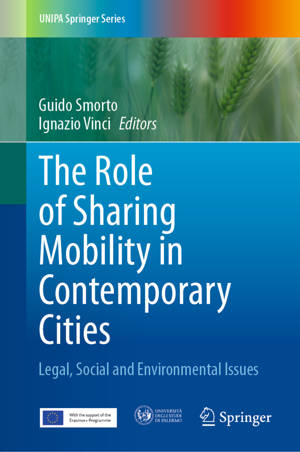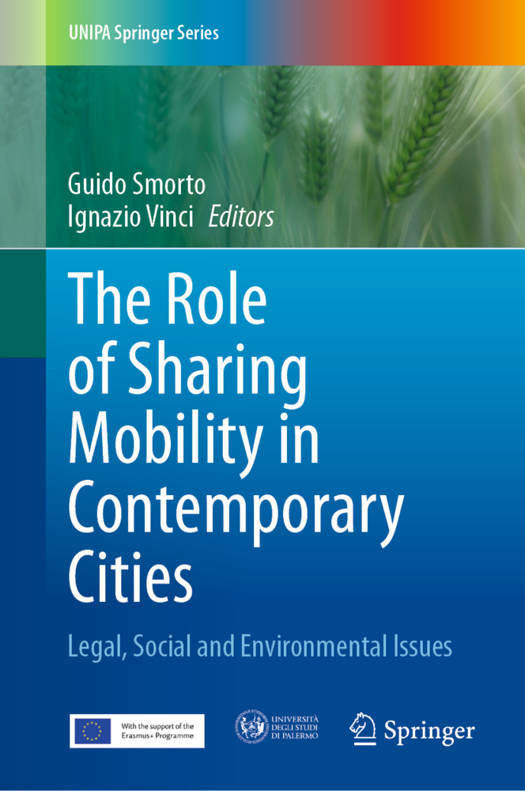
- Afhalen na 1 uur in een winkel met voorraad
- Gratis thuislevering in België vanaf € 30
- Ruim aanbod met 7 miljoen producten
- Afhalen na 1 uur in een winkel met voorraad
- Gratis thuislevering in België vanaf € 30
- Ruim aanbod met 7 miljoen producten
Zoeken
The Role of Sharing Mobility in Contemporary Cities
Legal, Social and Environmental Issues
€ 147,95
+ 295 punten
Omschrijving
The emergence of sharing mobility is having a profound impact on urban landscapes. In fact, it is deeply affecting the traditional organization of local services by calling into question how urban transportation is planned, and by redesigning city spaces. Further, by connecting people to shared assets, services or both, sharing mobility is poised to facilitate the more efficient use of underutilized resources, becoming a powerful tool for economic growth and social inclusion, while also contributing to sustainability.
That being said, the economic, social and spatial impacts of sharing mobility have not been sufficiently investigated, and so far, the evidence is mixed. From a normative standpoint, while it is relevant to better understand the relations between sharing mobility, the city and the environment, it is also of crucial importance to define new policies and sound rules for sharing mobility in urban areas. Against this backdrop, this book adopts a multidisciplinary perspective to explore the role that sharing mobility can play in the creation of more just and sustainable cities.Specificaties
Betrokkenen
- Uitgeverij:
Inhoud
- Aantal bladzijden:
- 108
- Taal:
- Engels
- Reeks:
Eigenschappen
- Productcode (EAN):
- 9783030577247
- Verschijningsdatum:
- 3/11/2020
- Uitvoering:
- Hardcover
- Formaat:
- Genaaid
- Afmetingen:
- 156 mm x 234 mm
- Gewicht:
- 344 g

Alleen bij Standaard Boekhandel
+ 295 punten op je klantenkaart van Standaard Boekhandel
Beoordelingen
We publiceren alleen reviews die voldoen aan de voorwaarden voor reviews. Bekijk onze voorwaarden voor reviews.










